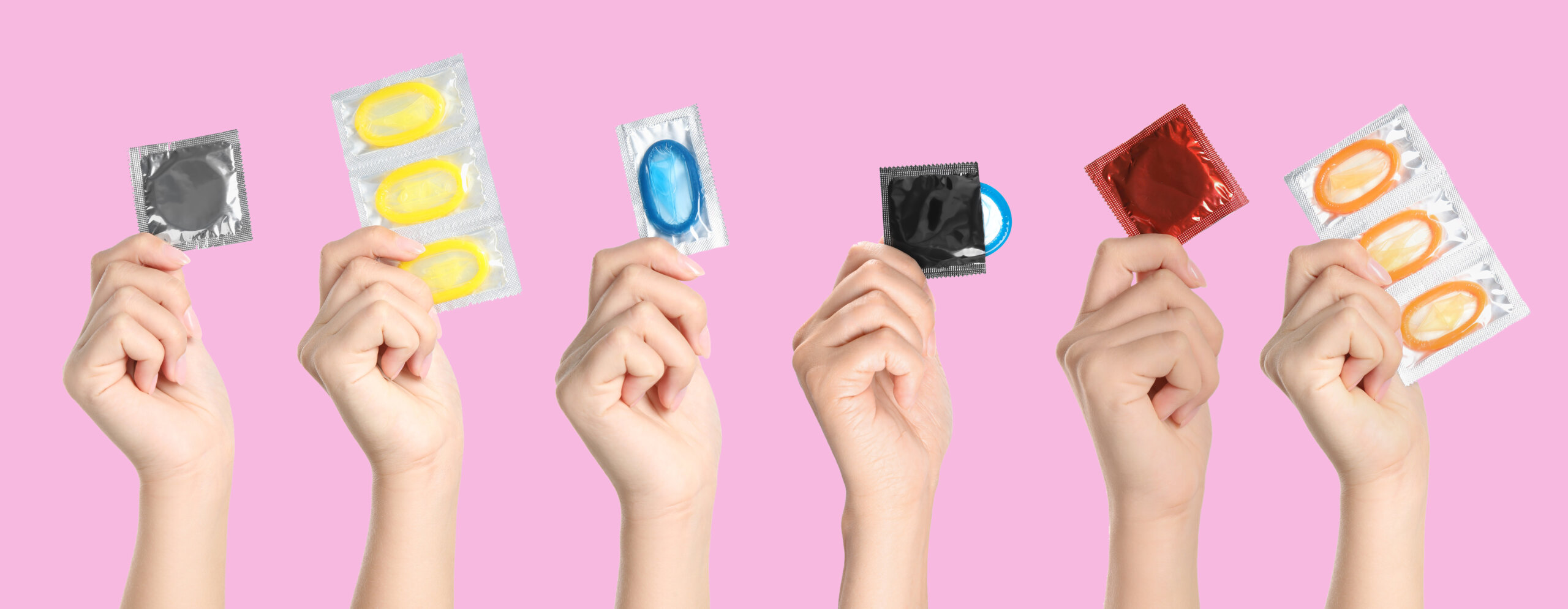Hormonal Changes During Perimenopause: What to Expect
While menopause is a topic that’s heavily discussed in women’s health, perimenopause often flies under the radar despite being a significant and sometimes tumultuous phase of a woman’s life. This transitional period, marked by hormonal fluctuations and a myriad of symptoms, can catch many women off guard.
At Copperstate Ob/Gyn, we believe that understanding the nuances of perimenopause is crucial for every woman’s well-being. In this blog, we’ll delve deep into the hormonal changes during perimenopause, shedding light on what to expect and how to navigate this transformative journey with grace and confidence.
Continue reading “Hormonal Changes During Perimenopause: What to Expect”






